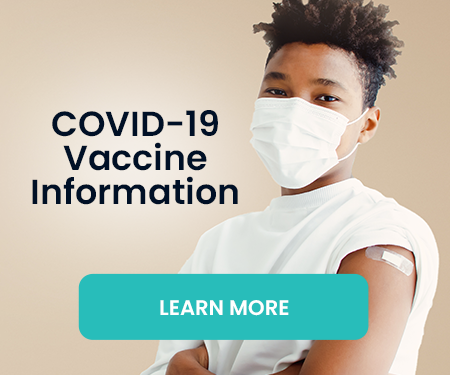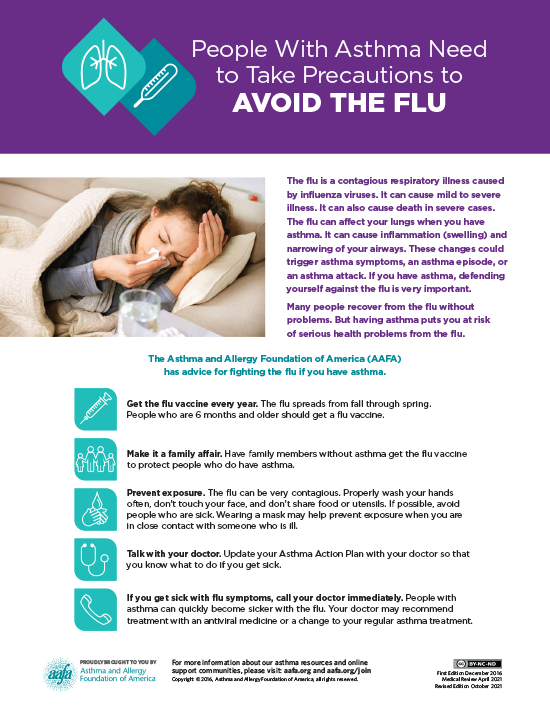Vaccines

Vaccines
Vaccines prevent potentially life-threatening infections from causing severe health problems including death. They help your body create antibodies, which are a part of your immune system that help fight off infection.
Most vaccines are injected into the arm or leg. Some vaccines are swallowed by mouth or sprayed into the nose.
What are vaccines made of?
Vaccines contain weakened or inactive parts of a specific virus or bacteria (antigens) that trigger an immune response within the body. The antigen is mixed with other ingredients to become the final vaccine preparation. Vaccines can also have excipients, which are adhesive substances to help in vaccine preparation. To stabilize and preserve vaccines, they may contain water, stabilizers, preservatives, buffer, and antibiotics. Some vaccines also contain adjuvants, which help boost a stronger immune response to the vaccine.
Do vaccines contain food allergens?
There are vaccines that do not contain any food allergens at all. For example, COVID-19 vaccines do not contain food protein allergens. Some vaccines may contain very small amounts of food protein or they may have been grown on a media that contained a food.
Egg content in vaccines
Current recommendations state that it is safe for people with egg allergy, even individuals with a history of a severe allergy to egg, to get the flu, MMR, and chickenpox vaccines.
- Some flu vaccines are made by growing the virus on chicken eggs. Many studies have shown that the amounts of intact egg protein found in the “egg-grown” flu vaccine are so small that they don’t trigger an allergic reaction.
- There was a concern in the past that individuals with egg allergy should not receive that the measles, mumps and rubella (MMR) vaccine and the varicella vaccine (also known as the chickenpox vaccine). The MMR and chickenpox vaccines do not contain egg protein.
There are specific vaccines that are not advised in people with a history of egg allergy. For example, the yellow fever vaccine and some rabies vaccines do contain a bit more egg protein than these other vaccines, and there is not enough research at present to know if these can routinely be given to people with egg allergy. However, under the supervision of a trained allergist, it is generally possible to still receive a vaccine in many circumstances, even if you have a history of allergic reaction to that vaccine. This is important to know especially if that vaccine is necessary.
Learn more: COVID-19 Vaccine Information for People with Food Allergies [2]
Learn more: Flu Vaccines and Egg Allergy [3]
Gelatin content in vaccines
Some vaccines contain small amounts of gelatin to stabilize them. Gelatin is a protein that comes from mammals (typically cows or pigs) and is used in desserts, candies, and some medicines. Certain vaccines contain gelatin including:
- Live, attenuated influenza vaccine (Flumist)
- MMR vaccine
- Rabies vaccine
- Typhoid vaccine
- Chickenpox vaccine
- Yellow fever vaccine
Persons who have had an anaphylactic or severe allergic reaction to gelatin or gelatin-containing vaccine should be evaluated by a board-certified allergist prior to receiving these vaccines. Most people with gelatin allergy can be safely vaccinated.
Should I be concerned about reactions to a vaccine?
Normal immune response
Vaccines may cause pain, discomfort, redness, and some swelling after administration. This is part of the normal immune response as the body begins to learn about the virus and builds its “attack” against it. These local reactions are typically mild and last less than 2 days.
For most vaccines a 15-minute observation period is recommended after the injection. While people have been observed longer (30 minutes) after receiving COVID-19 vaccine or other agents, this does not improve outcomes and does not increase safety.
Allergic reactions
Severe, life-threatening reactions following vaccinations can also occur but are very rare. Symptoms can include hives all over the body, swelling of the lips and throat, coughing, and difficulty breathing. In general, a history of a severe allergic reaction to a specific vaccine (e.g., flu vaccine) should be considered a contraindication to additional doses of the same vaccine until this is evaluated by an allergy specialist who can provide medical advice about future doses.
If you have been diagnosed with any severe allergy following immunization with a specific vaccine, you should share the information with the vaccine provider and have your epinephrine with you when you get vaccinated. The clinic where you receive a vaccination should be prepared to treat adverse and allergic reactions including immediate access to epinephrine and equipment to manage a severe allergic reaction.
Other adverse reactions and stress
All health care professionals who administer vaccines should be prepared for emergencies including severe adverse and allergic reactions after vaccine administration. In addition, these health care professionals who give vaccines to older children, teens, and adults should be aware of the potential for vasovagal reaction. Vasovagal reaction leads to dizziness, nausea, pale skin, sweating, and even fainting after vaccination.
Immunization stress-related responses (ISRR) also occur and can mimic allergic reactions (anaphylaxis). In fact, for COVID-19 vaccination, ISRR were more common than true allergic reactions to the vaccine. According to the World Health Organization, ISRR’s describe a range of symptoms and signs that may happen around immunization that are related to anxiety and not to the vaccine product. Symptoms can occur before or immediately after vaccination, and include vasovagal reactions, headache, nausea, hyperventilation, dissociative or functional neurologic symptoms (such as non-epilepsy seizures, weakness, tingling), or other skin, respiratory, or GI symptoms that may appear to be similar to an allergic reaction. ISRR can be difficult to tell apart from an allergic reaction, and many are treated with epinephrine and/or antihistamine, which may lead to labeling of ISRR as allergic based on “response” (which is often quite rapid). ISRR can occur in clusters (e.g. multiple occurrences within a group, such as a mass vaccination site), and be triggered by pain, fear, standing, needle-phobia, blood, crowds, or people around the individual being vaccinated.
Helping your child get shots
Things parents can do to help with pain management, fear, and/or anxiety about vaccination or injections:
- Breastfeeding before, during, and after the shot
- Give your child something sweet to drink
- Be honest and calm when talking with your child
- Distract your child while they get the vaccine
- Watching an age-appropriate video can be helpful
- Give hugs and cuddles
- Ask for pain-relieving spray or ointment
- Bring your child’s favorite comfort item
- Talk with your child’s provider beforehand to ask questions
Things health care professionals can do to help [4] with pain management, fear, and/or anxiety about vaccination or injections:
- Involve a child life specialist early in the visit, if this resource is available
- Inject vaccines rapidly
- Inject the most painful vaccine last
- Use touch stimulation (rub/stroke near the injection site before and during injection)
- Distract the person receiving the vaccine
- Have the patient seated rather than lying down
- Use topical pain-relieving spray or ointment
- Answer any questions from parent and child about the vaccine
- Discuss common benefits and risks of receiving the vaccine
- Provide guidance of when to call back if there are any adverse reaction
Do vaccines cause food allergies?
There is no connection between vaccines and food allergy development. There have been a number of well-conducted research studies on this. Furthermore, aluminum in vaccines does not cause food allergies or set up the immune system to develop these.
Vaccines help your body develop an immune response to specific diseases. They do not prime a response against food.
Food Allergy Fact
There have been many well-conducted studies that clearly show there is no link between vaccines and food allergies.
Medical Review: [5] November 2025 by Matthew Greenhawt, MD




